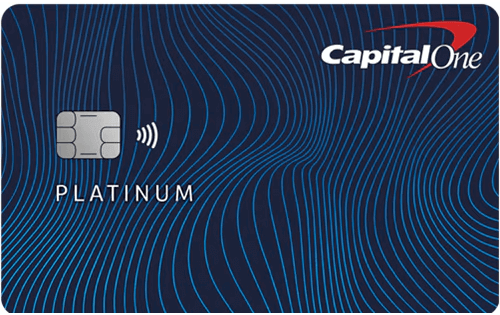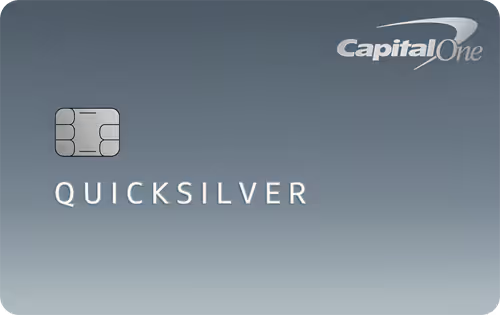Adam McCann, Financial Writer
@adam_mcan
A $300 secured credit card requires you to place a $300 deposit to open the account, and you will likely get a $300 credit limit in return. Other than the deposit, which the card's issuer will hold as collateral, the secured card will work like a regular credit card.
Secured credit cards are the easiest type of credit card to get approved for because of the deposit requirement. They are a practical, low-cost choice for people with bad credit or a limited credit history.
How a $300 Secured Credit Card Works
Minimum security deposit amounts vary by issuer.
Not all secured credit cards require a $300 deposit to open the account. The minimum security deposit is $200 for many secured cards, while some will require you to put down a deposit as high as $500.
You may raise your credit limit by adding to your $300 deposit.
Most issuers will allow you to put down a security deposit above the minimum requirement, up to a set maximum amount, which will get you a higher credit limit. You can either put down an initial deposit higher than the minimum amount required when you open the account or increase the amount of your deposit any time after, depending on the card. Some secured cards have maximum deposits as high as $25,000.
Your $300 deposit is fully refundable.
With secured cards, you’ll get your deposit back in full when you close the account in good standing. Some issuers may refund your deposit based on your creditworthiness and allow the secured card to graduate to an unsecured account.
Secured credit cards report to credit bureaus just like regular credit cards.
A secured credit card’s issuer will report your payments and credit usage to the credit bureaus, which can help you build or improve your credit history if you make payments on time and keep your credit utilization low.
Check out WalletHub’s guide on how secured credit cards work to learn more. Our editors’ picks for the best secured credit cards can also help narrow your search for the right credit-building card for your needs.
People also ask
Did we answer your question?
Important Disclosures
Ad Disclosure: Certain offers that appear on this site originate from paying advertisers. For full transparency, here is a list of our current advertisers.
Advertising impacts how and where offers appear on this site (including, for example, the order in which they appear and their prevalence). At WalletHub we try to present a wide array of offers, but our offers do not represent all financial services companies or products.
Advertising enables WalletHub to provide you proprietary tools, services, and content at no charge. Advertising does not impact WalletHub's editorial content including our best picks, reviews, ratings and opinions. Those are completely independent and not provided, commissioned, or endorsed by any company, as our editors follow a strict editorial policy.


